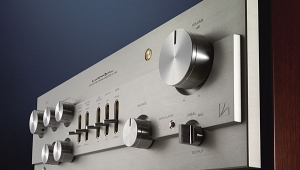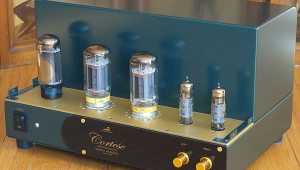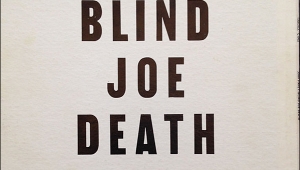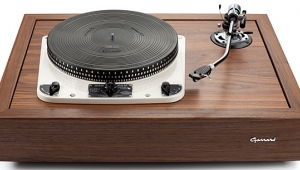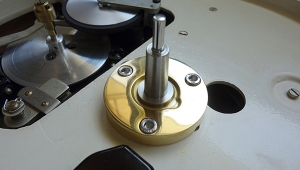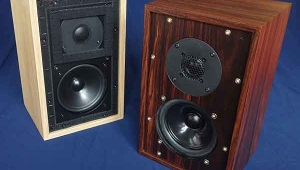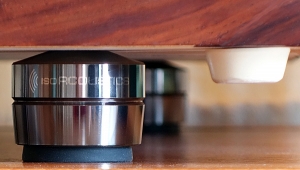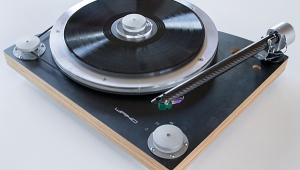| Columns Retired Columns & Blogs |
Sorry to say, Art, but I believe it came from you.
In your first Pono post, you wrote, "The only way to judge Pono or any other audio product is to listen to it the way you normally enjoy music: at leisure, in comfort, and with abundant time to come to an informed decision. A/B testing is anathema to the enjoyment of music, and will tell you nothing." You really don't see that readers might take that as an absolutist stance? And, while you follow this with a judge-for-yourself comment, that concerns the personal-value equation, not the how-to-listen aspect.
Regardless, I believe a lot of the anger arises in response to the rise in vocal science deniers. There's no shortage of antis (insert your choice of evolution, AGW, vaccination, etc.), and the dialogue between them & their pro counterparts is often more ad hominem than substantive.





